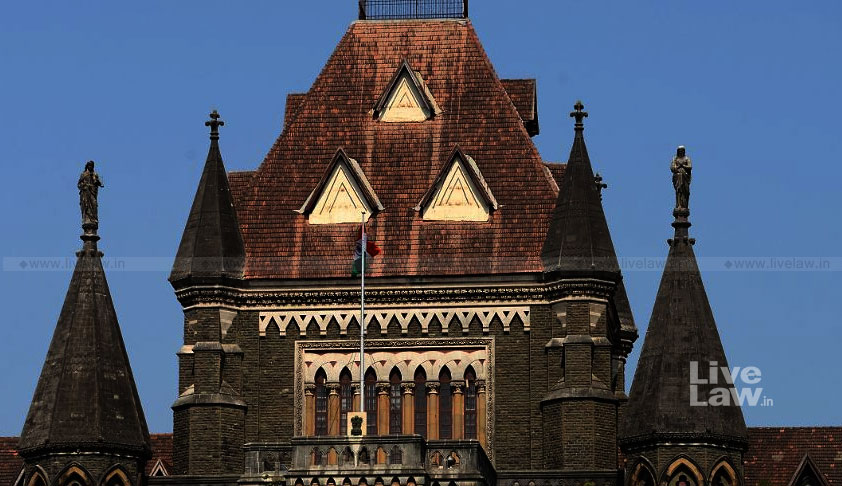Bombay HC Grants Anticipatory Bail To Woman Accused By Lesbian Partner Of ‘Breach Of Trust’
nitish kashyap
24 July 2018 10:01 AM IST

Next Story
24 July 2018 10:01 AM IST
The Bombay High Court recently allowed a criminal appeal filed by a married woman and granted her protection from arrest in a case filed by her lesbian partner (complainant) for offences under Sections 354, 504, 506, 509 of the Indian Penal Code and under Sections 66(E) and 67 of the Information and Technology Act as well as under Sections 3(1)(r)(s)(w)(i)(ii) of the Scheduled Castes...
